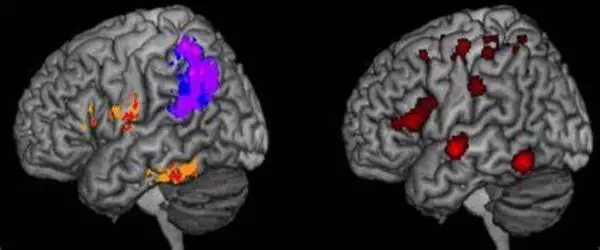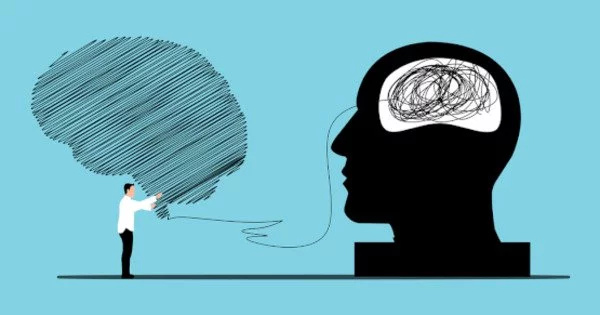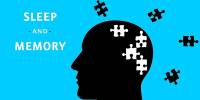Our brains have evolved intricate cognitive processes that assist us in understanding and identifying what went wrong in a variety of scenarios. Perception, memory, reasoning, and emotion are all interwoven cognitive activities in this ability.
A group of neuroscientists has recently found a class of neurons known as ‘prediction-error neurons,’ which are not receptive to sounds in general but only respond when they deviate from predictions, indicating that a mistake has been made.
Our brains notify us when we’ve made a mistake, whether it’s improperly closing a door or shanking a soccer kick, since these noises differ from what we expect to hear. While it has long been acknowledged that our neurons detect these errors, it has been unclear whether there are brain cells whose sole purpose is to convey when a sound is unexpected or “off.”
A group of New York University neuroscientists has discovered a class of neurons known as “prediction-error neurons” that are not receptive to sounds in general, but only respond when they defy expectations, signaling that a mistake has occurred.
Brains are remarkable at detecting what’s happening in the world, but they are even better at telling you whether what happened was expected or not. We found that there are specific neurons in the brain that don’t tell you what happened, but instead tell you what went wrong.
David Schneider
“Brains are remarkable at detecting what’s happening in the world, but they are even better at telling you whether what happened was expected or not,” explains David Schneider, an assistant professor in NYU’s Center for Neural Science and the senior author of the study, which appears in JNeurosci. “We found that there are specific neurons in the brain that don’t tell you what happened, but instead tell you what went wrong.”
The authors of the research note that the findings could potentially assist better illuminate the learning process, pinpoint the causes of specific diseases, and identify sound-related aptitudes.
“Neurons like these could be crucial in learning to speak or play a musical instrument,” says Nicholas Audette, the paper’s lead author and a postdoctoral fellow at NYU’s Center for Neural Science. “Both of those behaviors involve lots of trial and error, lots of mistakes, and lots of learning from mistakes. Do expert musicians have better prediction error neurons than novices?” Schneider asked. “Are prediction error neurons malfunctioning in diseases where speech is underdeveloped?”

Behaviors often have predictable sensory consequences. For example, when shutting a car door, we expect to hear an anticipated “thump” at a particular phase of our arm movement. And these behaviors are not limited to humans — monkeys, mice, and other animals can learn to predict what sound a movement will produce and when that sound will occur.
Previous study has revealed that neurons in the brains of humans and other animals exhibit strong reactions when a sound deviates from the animal’s expectation and weaker responses when the sound meets the animal’s expectation. However, it was unknown whether there were neurons with only one function: to signal when a sound was unexpected.
Schneider and Audette expanded on their prior study, which revealed how the brain distinguishes between “right” and “wrong” sounds, to answer this question. They evaluated reactions in mice using a variety of procedures and isolated neural activity in the latest JNeurosci paper.
The mice in the experiments heard a certain sound after pressing a lever. This was done repeatedly until they become accustomed to hearing this sound when pressing. The researchers then adjusted the noises the mice heard when pressing the buttons again – an approach aimed to simulate the surprising sounds humans experience when making mistakes.
The scientists discovered that many of the mice’s neurons (“prediction-error neurons”) were silent, which means they didn’t produce signals that other regions of the brain might use, except when the animals moved and heard something unexpected.
They discovered that individual prediction-error neurons in the auditory cortex of mice not only reported when something went wrong, but also what went wrong. One group of prediction-error neurons, for example, was engaged whenever the sound was too quiet. When the sound was the expected volume but arrived too late, a whole separate set of prediction-error neurons was activated.
“When a movement makes an unexpected sound, it can violate our expectations in a lot of different ways,” Schneider said. “Different neurons are active when a movement makes too quiet a sound, and other neurons when the movement makes the wrong sound.”
















